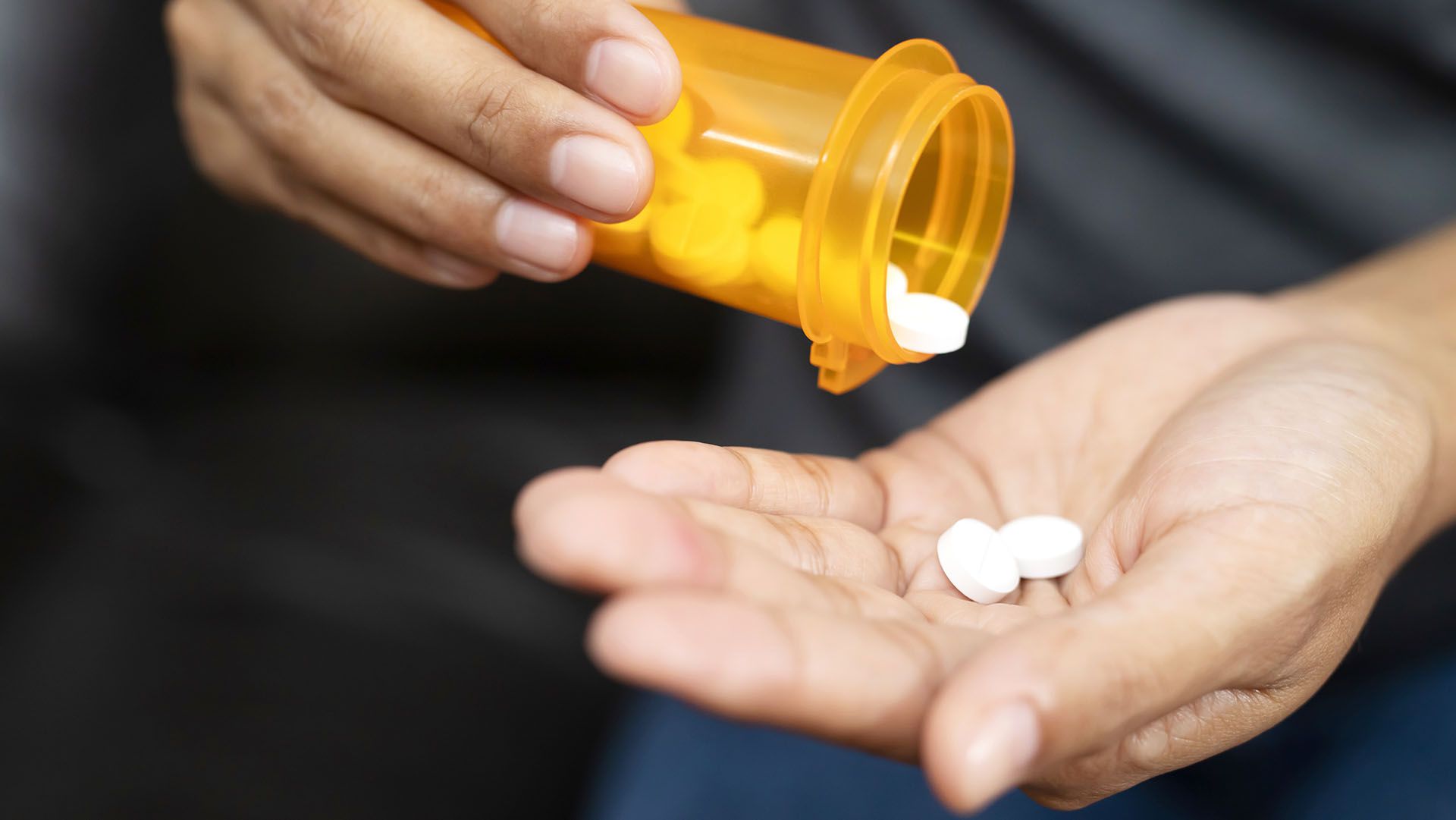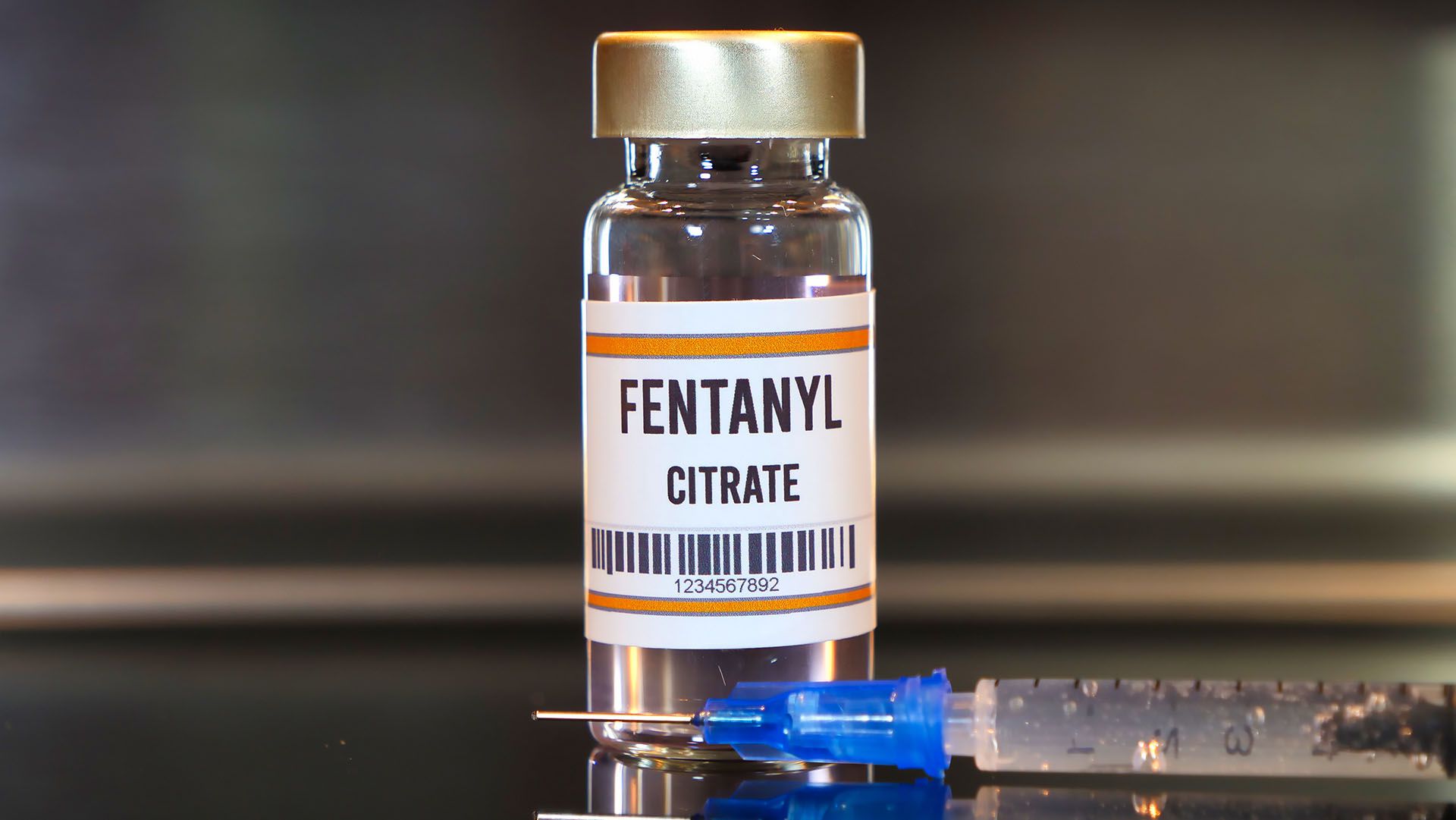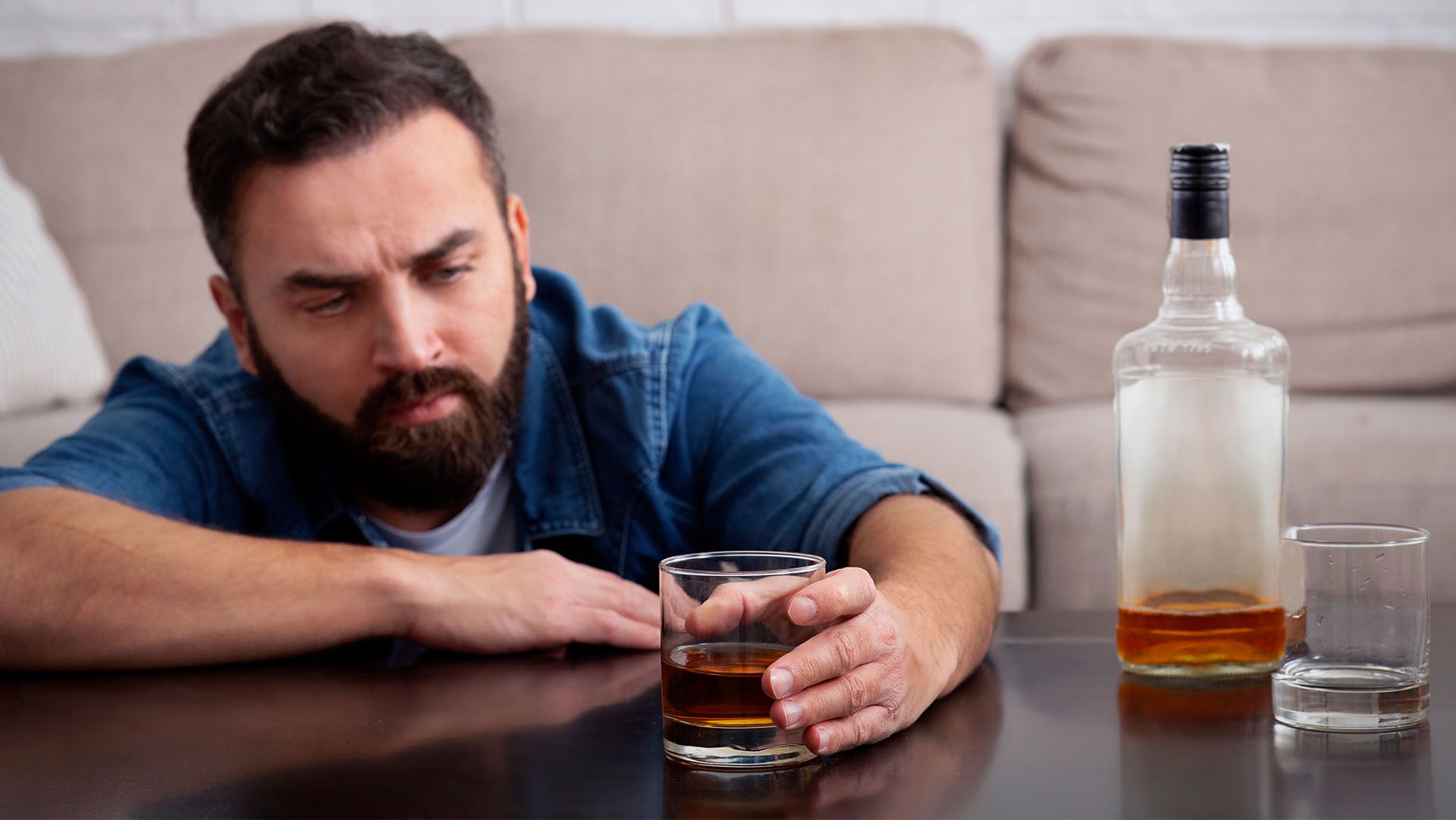10 Facts About Prescription Drug Addiction You Need To Know
Prescription drug abuse is the nation’s fastest-growing form of drug addiction, yet many prescription drug abusers refuse to even acknowledge that their addiction is every bit as serious as a heroin or meth addict’s addiction. Prescription drug addiction kills, and the sooner you seek treatment—ideally at an inpatient drug rehab center—the sooner you can regain control over your life and stop endangering your existence.
Prescription Drugs Are Addictive
Prescription drugs are just as addictive as street drugs—and some evidence suggests they might even be more addictive! 2.4 million Americans are currently addicted to prescription drugs, and that figure is increasing every day.
Worse still, prescription drugs are addictive even if you have a valid medical prescription. Your body and brain don’t know whether a doctor prescribed the drugs or not. Any form of prolonged drug use subjects you to the risk of dependency. Once you become dependent, stopping becomes nearly impossible. Some prescription drug users don’t realize they have a prescription drug addiction until their prescription expires or they decide to switch to a different drug. Make no mistake: if quitting is painful, difficult, or impossible, you’re addicted, no matter which avenue you took to taking prescription drugs.
Prescription Drugs Are Dangerous
A stunning 52 million Americans used prescription drugs non medically last year, and many of them mistakenly believe that these drugs are less dangerous than those you might buy from a dealer. Research further suggests that delusions about the safety of prescription drugs are particularly common among teenagers, 25% of whom believe prescription drugs—even when used without a prescription—are perfectly safe.
Prescription drugs require a medical prescription precisely because of their capacity to be dangerous. Risky side effects, changes in your body chemistry, and the specter of addiction all loom large when you abuse prescription drugs. Prescription drugs are the leading cause of drug-related deaths, outpacing all other drug classes combined. Nearly 25,000 people died due to accidental prescription drug overdoses in 2013 alone, and the figure is increasing with each passing year.
Prescription Drugs Are Gateway Drugs
In the popular imagination, marijuana is the ultimate gateway drug, but research actually suggests that prescription drugs are the leading source of drug abuse, and the leading gateway to hard drugs. Teens frequently use prescription drugs because they’re accessible, and because they mistakenly believe they’re safe. By the time a prescription drug addiction takes hold, teens may turn to harder drugs to manage the cravings. A teen who abuses prescription opiates, for instance, might turn to heroin.
Prescription Drug Abuse is On the Rise
Prescription drug abuse is increasing at a rate greater than that of any other group of drugs. Drug abuse experts point to a number of factors, including:
- Poor monitoring of prescription drug use by doctors.
- Over prescription of potentially addictive drugs.
- Parents and other family members who don’t properly secure their prescription pills.
- The pervasive notion that prescription drugs are safe to use.
- Doctors who offer patients multiple potentially addictive drugs at once.
If you’re concerned that someone you love might be abusing drugs, know that prescription drugs are the most likely source of addiction.
Even Legal Users Can Become Addicts
It does not matter why you use prescription drugs. What matters is how they affect your life. Prolonged use of any addictive drug increases the likelihood that you’ll develop a chemical dependency that’s hard to shake. If your doctor prescribes you a prescription medication, you need to carefully monitor yourself for symptoms of addiction, including:
- Mixing multiple prescription drugs without your doctor’s permission.
- Visiting multiple doctors to get the same drug.
- Simultaneously drinking and taking prescription drugs.
- Lying to your doctor about your symptoms, or your use of prescription drugs.
- Taking larger doses than prescribed by your doctor.
- Using a drug all the time when it’s only supposed to be used on an “as-needed” basis.
- No longer needing drugs for your symptoms, but continuing to take them.
- Suffering psychological or physiological withdrawal symptoms when you attempt to stop taking prescription drugs.
Prescription Drug Addiction is a Disease
The popular press present drug addiction as something only “bad” people do. But prescription drug addiction is a disease—and not one anyone willingly chooses. If you’ve become addicted to prescription drugs, the problem is the way your body reacts to those drugs—not that you’re a bad person! And the sooner you seek treatment for this reaction, the sooner you can get back on track.
Prescription Drug Addiction Requires Medical Treatment
You wouldn’t try to will away diabetes or strep throat. Prescription drug addiction is no different. To get sober, you’ll need to address the physiological, psychological and lifestyle components of your addiction. In so doing, you’ll steadily gain the skills you need to maintain a lifetime of sobriety.
An inpatient drug rehab center can help you do precisely this, by offering a sober living environment, lots of support, education about the disease of prescription drug addiction, group therapy, individual counseling, and first-rate medical care. You deserve treatment. Don’t delay it, because prescription drug addiction is also a progressive disease that gets worse with time.
Some Prescription Drugs Are More Dangerous Than Others
Not all prescription drugs are addictive. People can use prescription-grade Ibuprofen and some antidepressants for years at a time without getting addicted. And some prescription drugs are more addictive than others; research consistently shows that opioid pain relievers such as hydrocodone are significantly more addictive than other substances, and come with a longer and more dangerous withdrawal process. The leading sources of prescription drug addiction include:
- Opioid pain relievers
- Barbiturates
- Sleeping pills such as Ambien and Lunesta
- Some antidepressants, such as Wellbutrin and Celexa (other antidepressants are unlikely to be addictive).
- Benzodiazepine anti-anxiety drugs, such as Valium and Xanax
- Stimulants such as Dexadrine, Ritalin, Adderall, and Vyvanse
Some Young Adults Think Prescription Drugs Are Performance-Enhancers
Think prescription drug addiction is only for the mentally ill or the down-and-out? Think again. About 1 in 6 college students regularly use stimulants such as Adderall and Ritalin as so-called “performance enhancers,” so they can stay up later, study longer, and feel more motivated.
Research suggests that, contrary to popular belief, these drugs actually inhibit performance, and may even kill brain cells. The result is a college student who may take more and more drugs in a desperate attempt to excel at school, only to end up severely addicted.
Prescription Drug Abuse is a Crime
The fact that prescription drugs are legal in some contexts by no means suggests that these drugs are legal for all users. Prescription drug addiction can get you slapped with criminal charges—even a felony. The cost of being arrested even a single time can be immense.
You might be denied jobs, lose your current job, or be kicked out of school. People convicted of drug offenses cannot seek student loans, and a drug offense could be used against you in a wide variety of contexts. Just some of the instances in which prescription drug addiction becomes a crime include:
- Using someone else’s prescription drug.
- Lying to your doctor to get prescription drugs.
- Forging drug prescriptions.
- Stealing someone else’s prescription or prescription drugs.
- Driving while under the influence of prescription drugs. Even if you have a prescription, you could be charged with DUI if you get into an accident.
- Child endangerment, if your addiction interferes with your ability to properly care for your children.
Prescription drug abuse is curable. It may feel impossible now, but you really can overcome this addiction. But you can’t do it alone. The right rehab center can show you the steps to regaining control over your life. Better still, you’ll learn new skills that will serve you for the rest of your days, empowering you to finally believe in the goodness of a life free of drugs. Contact Addiction Rehab Centres Canada today!
Further Reading:
Prescription Drug Rehab Program
Prescription Drug Abuse Explained
Addiction to Prescription Drugs Explained
Prescription Drug Abuse in Ontario
Prescription Drug Addiction: Top 18 Facts
DrugFacts: Prescription & Over the Counter Medications







